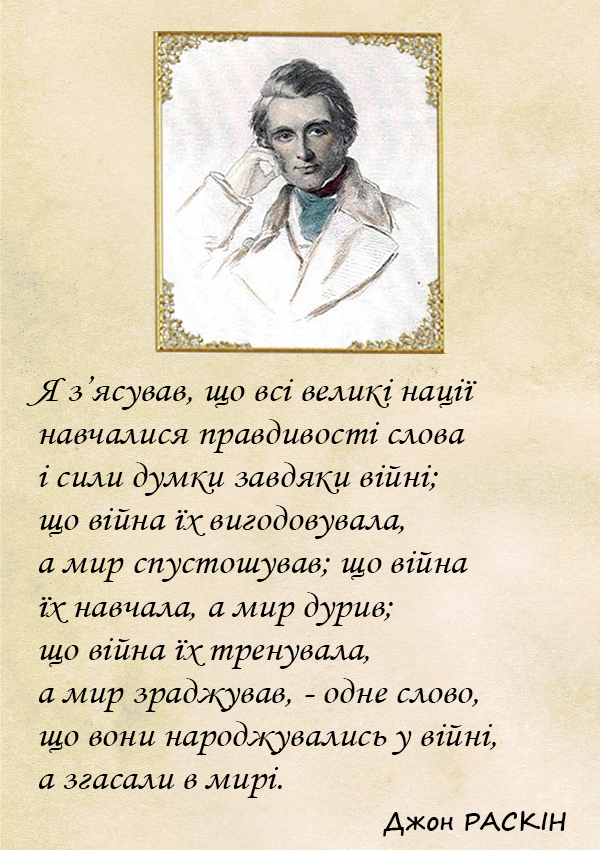
In recent years, more and more attention is being paid to psychological and emotional abuse. But still something can be overlooked. This is a big problem of psychological violence – the victim herself may not feel like a hostage of an abuser who successfully manipulated her behavior, and eventually destroyed her self-esteem, subjugated herself and isolated from friends and society.
- Increasing tension (stress, external factors, misunderstandings, irritation).
- Violence / Abuse.
- The phase of guilt / honeymoon (the abuser may feel guilt, fear that he / she will leave, and therefore begins the phase of active expression of love, regret for the evil done, any attempts to prevent the termination of the relationship).
- Calmness, when everything seems “normal” (typical gifts, high spirits and hope, and from the abuser – promises that now everything will be fine, everything will change for the better and life will be different).
- However, over time, this relationship will become less romantic again, tension and irritation will increase again. Then the circle is repeated.
This theory of relationships is too simplistic, but it is very important from a historical point of view. It has given impetus to new research in this area. Thanks to it, more detailed, elaborate theories of violence have been proposed, which describe a large number of strategies for manipulating the victim (constant criticism, toxic comments about friends and relatives, intellectual bullying, humor and criticism, gaslighting, etc.)
Gaslighting is a form of psychological violence and social parasitism, the main task of which is to make a person suffer and doubt the adequacy of his perception of reality through constant devaluing jokes, accusations and intimidation.
Gaslighting is a term derived from the title of the 1944 film ‘Gas Light.’ The heroine of the film moves to a new apartment, spends a lot of time at home, in isolation. While the man is not at home, the light in the gas lamps becomes less bright, things disappear. Thus, it seems to her that she is crazy, because her husband assures her that she has a problem in her head.
However, he does these tricks: a man walks and twists lamps, steals paintings and jewelry (while accusing the heroine of kleptomania), hides his things and insists that her mother died in a madhouse.
Of course, the poor heroine, in the end, really goes crazy because of her husband’s games. In real life, victims can also often be told that the problem is in themselves, that they want it too much, that it is because of them that the mood of the perpetrator deteriorates. If you introduce such comments into everyday life gradually, you may not notice how the victim’s self-esteem becomes rather low.
It is important to understand that in most cases, at the beginning of the relationship, abusers are very friendly, attentive and loving to their partners. When they gain more trust, they begin to pay more attention to their partner’s thoughts and feelings. After a while, the abuser becomes an integral part of all aspects of the victim’s life. But then begin the small strict rules, jealousy, which are positioned as manifestations of love.
And, in fact, the cycle spins to love-abuse, in which the victim is found guilty of any manifestations of aggression. This can lead to traumatic bonding. Periodic manifestations of love, gifts, passion, alternating with aggression, increased control by the abuser, lead to strong emotional connections, resistant to change.
This can be illustrated by typical physical violence: the wife annoyed her husband with something, he hit her. After realizing what he has done, he will behave like a lover, apologize, give flowers and bring breakfast to her bed. However, one day he will feel jealous, and, for example, will shout and beat her again. The victim will feel pain, resentment, however, the very impression that she is so valued will distort the perception of the reality of what is happening. And again flowers, appearances, passion…
These tactics also work as a training of the endocrine system. For example, dopamine and oxytocin bounce when we feel happy and in love, and then when they inevitably fall, scream at us, insult us, the amygdala responds to this – adrenaline and osteocalcin come in (a recent study showed that this protein stands out when we feel fear). And so every time. And our body remembers, adapting to such changes. It can be difficult to get out of the circle of dependence on such a rhythm of life. The longer a person is in such a relationship, the harder it is.
Unfortunately, we often hear the following statements: “Well, isn’t she stupid, it’s clear that nothing will change, why won’t she just leave him?” So, the problem with fatigue is that due to the rather clever manipulative strategies of the abuser, the victim for the most part does not fully understand what a bad situation she is in. Especially if economic factors, the presence of addictions, small children, etc. are also linked to the emotional manipulation.
So, if we notice some quite killers of self-esteem among us, it is a good idea to help his or her victim, not forgetting to neutralize his or her efforts. Evil should be stopped even if it looks so calm and conscious.
October 29, 2020


























































Залишити відповідь